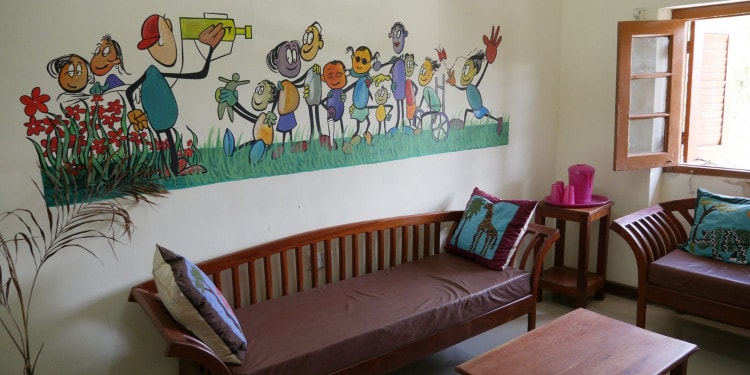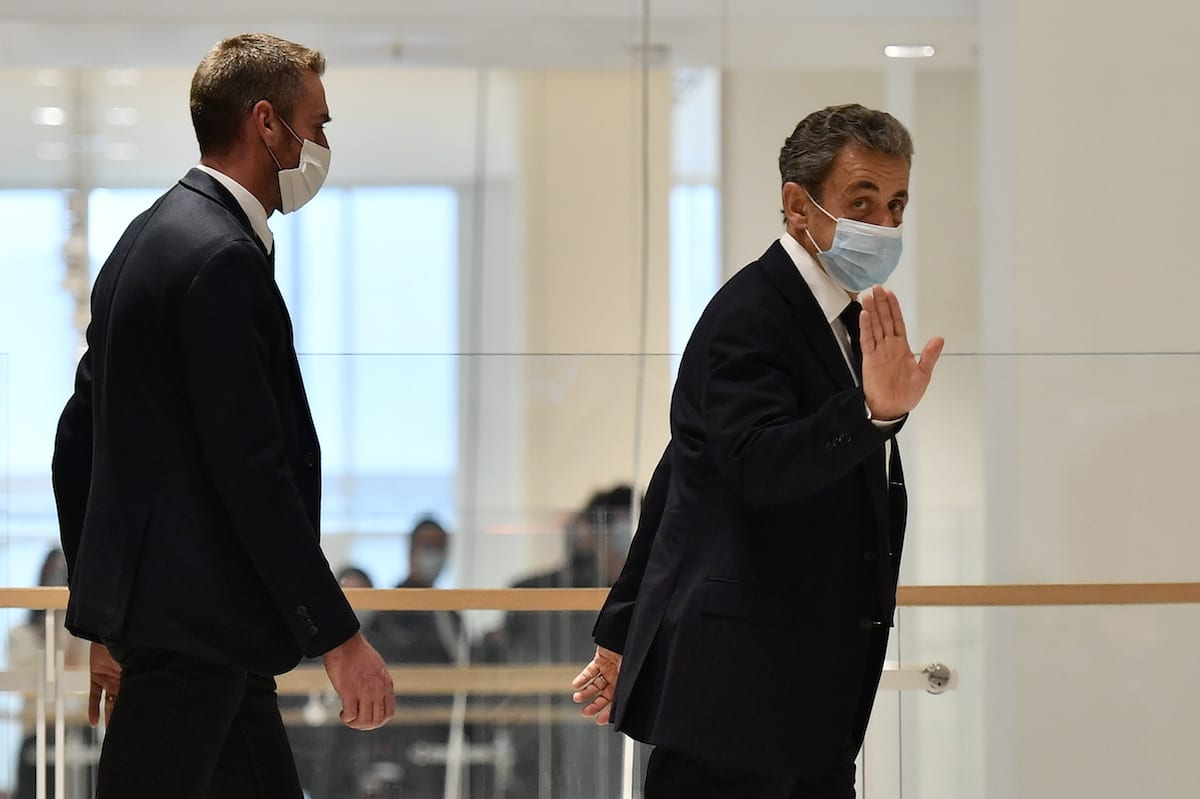Covid-19 has worsened child abuse. A simple concept of child protection implemented on the east African island of Zanzibar can give victims fast support – and could be applied anywhere.
Children are at risk of being among the biggest victims of the Covid-19 pandemic. A year of lockdowns has aggravated inequalities, thrown families into poverty, and put children’s health and well-being at stake. Domestic violence and abuse are more likely when families are under extreme pressure, and harder to detect when public life is being shut down.
This applies particularly to vulnerable communities, where violence and abuse are a daily fare. In Zanzibar, an autonomous region of Tanzania, child abuse and maltreatment were already a massive problem well before Covid-19. In 2009, Tanzania was one of the first countries in Africa to undertake a national survey on violence against children which revealed that 6% of females and 9% of males in Zanzibar experienced sexual abuse as children. Almost three-quarters of both girls and boys have experienced physical violence prior to the age of 18. Almost half of the population lives in poverty – with serious impacts for well-being of children. To address these problems, the Zanzibar government introduced a pioneering, comprehensive child protection package as part of its 2011 Children’s Act.
An important intervention pillar of its child protection system is the so-called “One Stop Centre” model. “One Stop Centres” in Zanzibar are facilities for survivors of sexual violence that house all important support services under one roof and provide rapid assistance.
Immediate Support at the One Stop Centre
For girls and boys who have experienced child abuse, the doors of the “One Stop Centre” are open 24 hours a day. Social workers, doctors and police officers specially trained in dealing with children are waiting to take up the case immediately. The rooms are welcoming and child-friendly. No waiting times, no delays, no intimidating hospital atmosphere, no repeated telling of one’s own tale of woe. Instead: fast, unbureaucratic help when it is needed most urgently.
Quick help is essential in cases of abuse. For instance, a life-saving HIV prevention can be administered 72 hours after the incident. Treatment of trauma is also much more effective if it happens promptly. Another advantage of the “everything under one roof” concept is that victims and their relatives do not have to travel long distances, which is a challenge in regions where many cannot afford a bus ride or a cab. Having police present on the scene to take the case and refer it to the court system to bring perpetrators to justice gives law enforcement important momentum.
Related Articles: Women on the Front Lines of Violence Against Women During COVID-19 | Rewarding Policies That Improve Lives
For their ground-breaking Children’s Act, Zanzibar received the World Future Council’s (WFC) Future Policy Award, known as the “Oscar on best policies,” in 2015. The award recognizes laws that promote better living conditions for current and future generations.
Spreading a Simple Support Concept for Child Abuse
“The ‘One Stop Centre’ model is a powerful response measure in the area of child protection,” says Samia Kassid, child rights expert at the World Future Council. “Because the model is so simple and effective, it could be implemented in any country.”
After recognising the Children’s Act with their Future Policy Award, the World Future Council organised workshops, conferences, and field trips with legislators and child rights professionals so that they could see the impact and implementation first-hand. Since the pandemic has made it harder to connect decision-makers, the advocacy work has moved online. Eager to disseminate the “One Stop Centre” model, the World Future Council will host a webinar to discuss the model with child rights policy experts from Zanzibar, Ghana, and Nigeria.
Violence against children has increased tremendously all over the world with the Covid-19 pandemic. We can’t just sit and wait until this is over, we must act now.
“We are trying to make the most of the situation. We cannot fly to Ghana, for example, to talk to policy-makers. But thanks to our online tools, we can reach a broader audience, not just in Africa,” says webinar organiser Samia Kassid. “Violence against children has increased tremendously all over the world with the Covid-19 pandemic. We can’t just sit and wait until this is over, we must act now. I see great potential in this model to massively improve child protection.
— —
About the Webinar
Protecting children in Africa from (sexual) violence during the pandemic
Thursday, 11 March 2021; 11 a.m. CET
Registration: https://zoom.us/webinar/register/WN_fT70f15hQlqARVF7_MqZlw
— —
About the Author: Miriam Petersen has been working in the non-profit sector for over a decade. A Senior Communications Consultant at the World Future Council, she is based in Ireland where she lives with her family, surfing, and growing vegetables.
Editor’s Note: The opinions expressed here by Impakter.com columnists are their own, not those of Impakter.com. — In the Featured Photo: Counselling Room in a “One Stop Centre” in Zanzibar. — Featured Photo Credit: © World Future Council.











